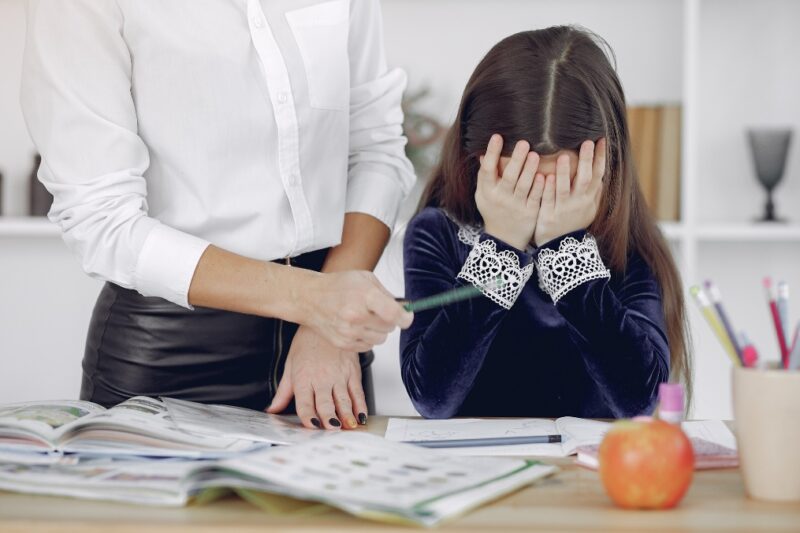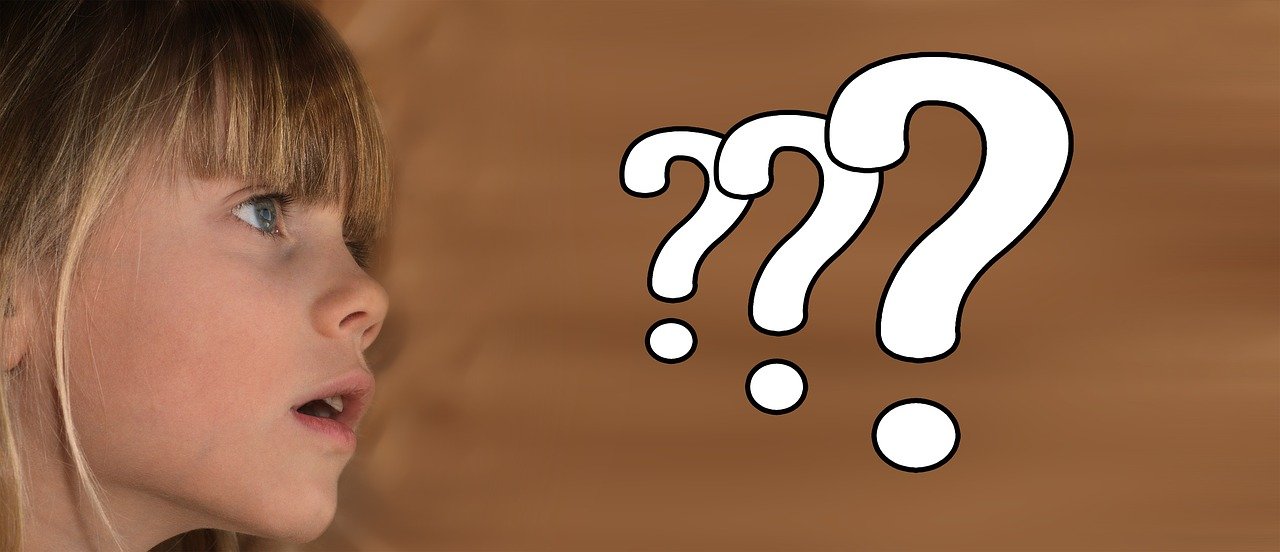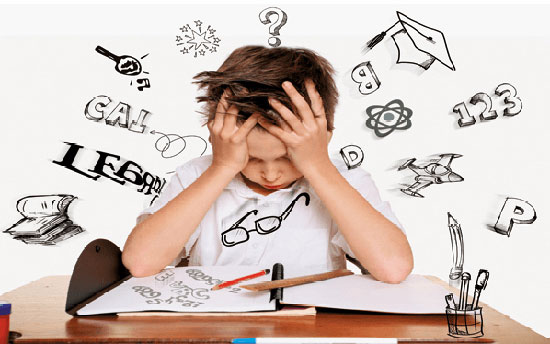You know we’re constantly on high alert when it comes to our little ones’ behaviors. What’s considered normal? What’s not? Why aren’t they reading as well as the neighbor’s kids? Why do they have their own unique way of socializing and handling emotions? These questions are only natural, but the real puzzle is this: What do you do if you suspect something might be amiss?
First things first, let’s remember that each child is wonderfully unique and individual. They hit their milestones at different times, and the whole “ages and stages” rule doesn’t apply universally. But when that inner alarm starts ringing because your child seems to be grappling with learning difficulties or behavioral issues, it might be time to either consult with a specialist or get them assessed.

Spot the Signs
It’s vital to resist the temptation to compare your child to others, despite what some overly enthusiastic parents might suggest. Your friend’s kid might be a musical prodigy at age 5, but your own child might unveil their exceptional talents later in life. Even in moments of frustration, remember the golden rule: no two children are ever the same.
In collaboration with some fantastic learning support specialists, we’ve put together a list of signs to watch out for. These signs could indicate that your child is wrestling with an undiagnosed disorder or simply needs a little extra help in school. Don’t fret; help is within reach, and all you need to do is find the right support and learning style to help your child reach their full potential and, most importantly, savor their learning journey.

- Your child might easily get frustrated when trying to complete a task or exhibit outbursts if they can’t finish it.
- Reading, writing, and math skills may progress unusually slowly, or your child might make little headway in these areas.
- Motor skills, memory, and coordination could pose problems for your child.
- They might have slow speech or language difficulties.
- Socializing with other children may be challenging, and they might resort to misbehavior to gain attention.
Common Disorders Explained
Dyslexia
Dyslexia is a language-based disorder that makes it difficult for a person to read, interpret words, and understand letters. It can also impact writing, spelling, and sometimes even speech.
Dyscalculia
Dyscalculia is a mathematical disability that hinders the ability to make sense of numbers and math concepts. To some, the logic of mathematics might as well be in a foreign language. (I have a sneaking suspicion I might have this – testing wasn’t really a thing back in my day; I just struggled through).
Dysgraphia
Dysgraphia is a condition that causes issues with written expression. For many children with dysgraphia, just holding a pencil and writing on a line can be a serious struggle. Their handwriting often appears messy, and they may have trouble putting their thoughts on paper.
Auditory Processing Disorder (APD)
APD, or Auditory Processing Disorder, is a sensory disability where a person struggles to understand or process language, despite having normal hearing ranges. Essentially, the ears and the brain don’t sync up completely, which leads to difficulties in comprehending spoken instructions, particularly in noisy environments. My son deals with this; it takes him quite a while to process verbal instructions (even more so than the usual teenage inertia).
Visual Processing Disorder (VDP)
VDP, or Visual Processing Disorder, doesn’t concern sight but instead involves how the brain processes and interprets visual information. The eyes capture the data, but the brain doesn’t automatically make sense of it.
Attention Deficit Hyperactivity Disorder (ADHD)
Inattention, hyperactivity, and impulsive behavior are often signs of ADHD, a disorder rooted in the part of the brain that regulates behavior. It’s the most commonly diagnosed disorder in children, and it’s crucial to understand that it’s not a result of poor parenting, low intelligence, or laziness.
Autism Spectrum Disorder (ASD)
ASDs, or Autism Spectrum Disorders, are developmental disabilities that affect the brain. Individuals with ASDs typically struggle with social and communication skills. A range of symptoms can manifest, from childhood all the way through adulthood.
Assessions & Learning Support

If you’re considering having your child assessed, it’s advisable to schedule an appointment with a diagnostic specialist who can guide you through the official assessment process. You might also want to reach out to your child’s school to check if they have a learning specialist on their faculty who can conduct these assessments. Alternatively, you can contact an independent specialist to carry out the tests.
Now, it’s important to understand that not every child facing learning difficulties necessarily needs to enroll in inclusive schools or centers. Some may simply require additional assistance, guidance, or support to better navigate a mainstream curriculum or to complement their regular classes. However, when the school begins to notice that your child is struggling to keep up with their learning, and this begins to impact their self-esteem or behavior, that’s when it’s time to explore other avenues of support tailored to their specific special needs.
In our evolving educational landscape, both schools and students are increasingly recognizing the value of inclusivity in early childhood development. Embracing and supporting those who face learning challenges not only promotes acceptance and tolerance but also enriches the educational experience for all, making school a more inclusive and welcoming environment for those who may not fit the traditional mold.





